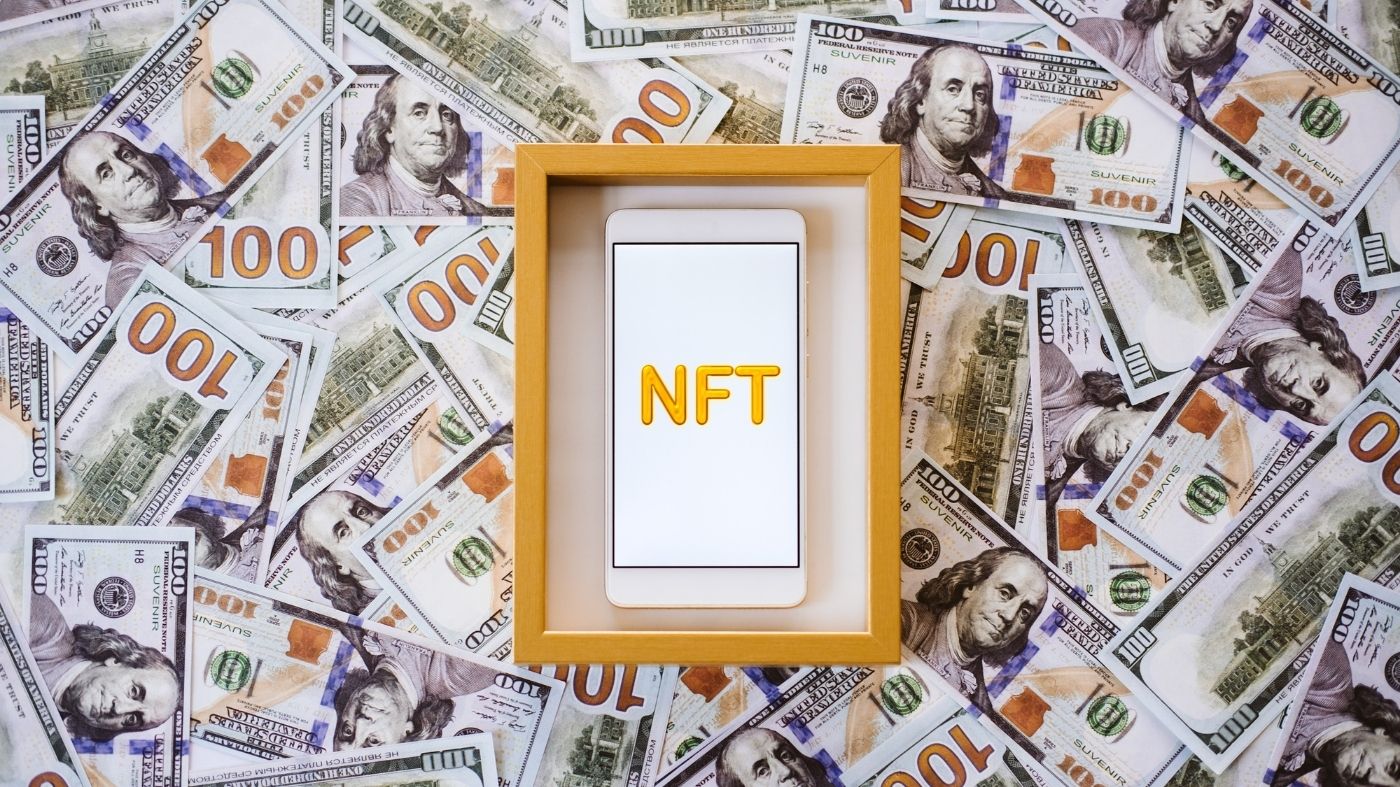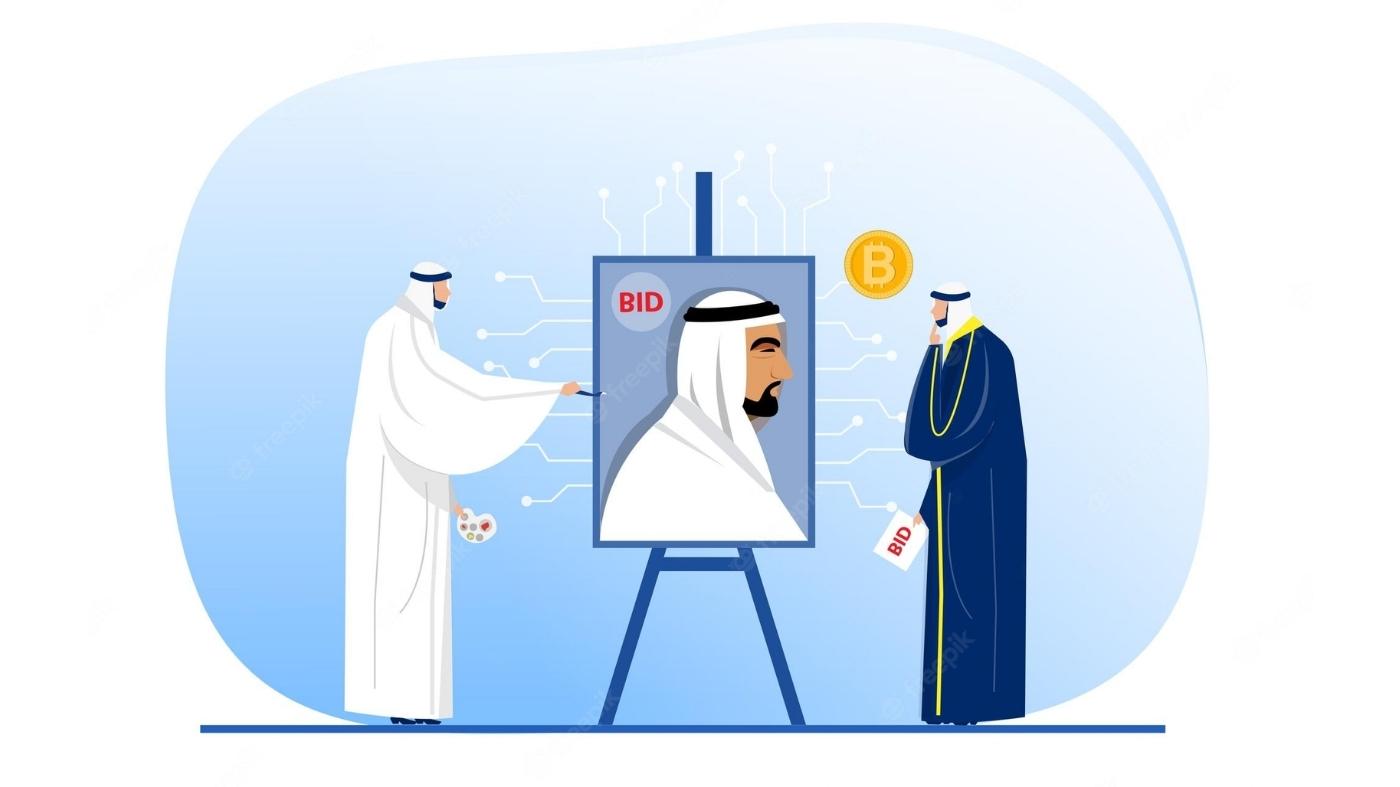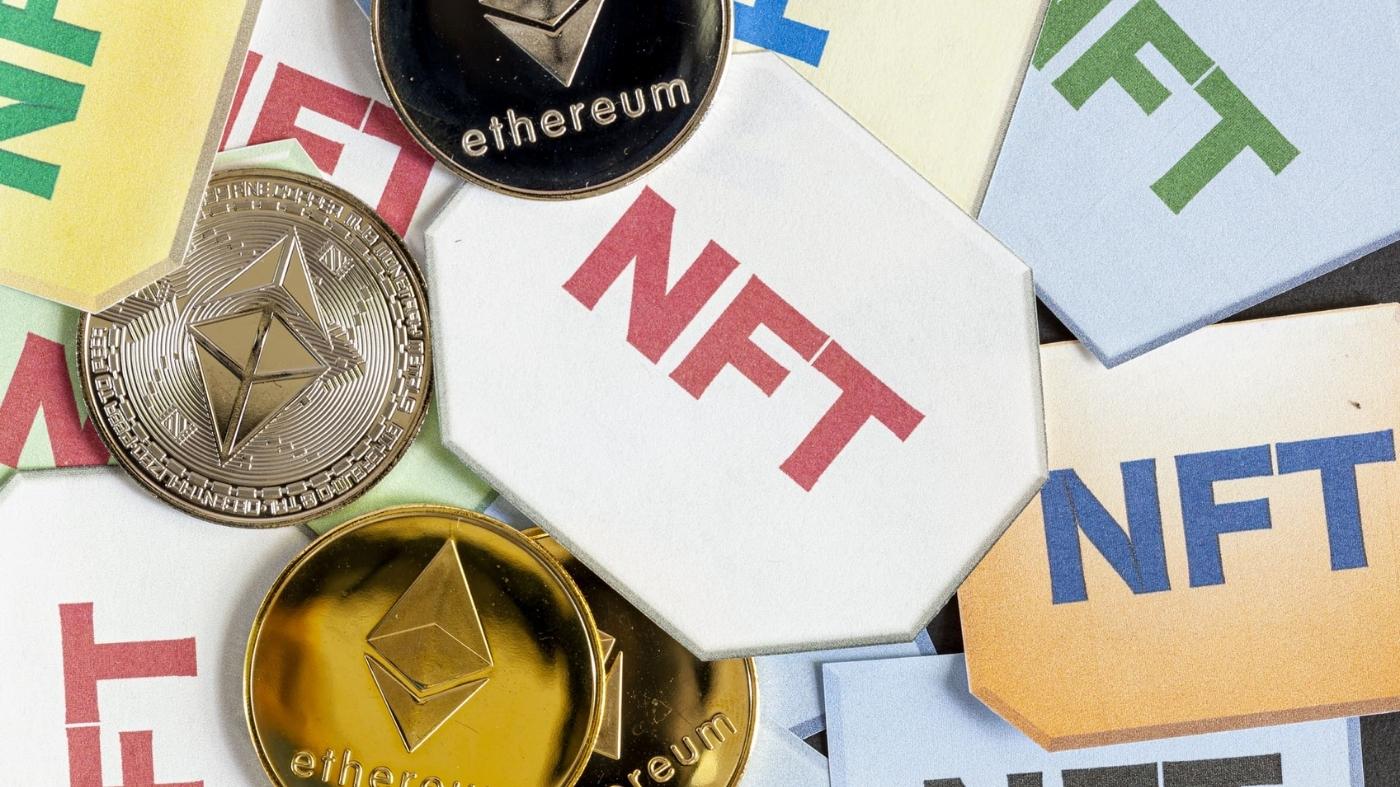











In recent years, the talk about NFT seems to grow wider every day. Regarding this, the Muslim creators joining the trend cannot help, but wonder is NFT halal or haram? Is it compliant with the Shariah Law? And how does the Islamic perspective discuss this matter? Here’s the answer you are looking for!

Before going deeper into the position of NFT in Islamic law, the very first thing that needs to be distinguished is the definition of fungible and non-fungible assets from the Islamic perspective.
According to the law of Fiqh, fungible assets are known by the term “mithliy”. It refers to an item, asset, or property which is availably identical or nearly identical to other objects. For this reason, the items are interchangeable from one to another with only a little discrepancy in values or prices. Among the most common examples of mithliy is money or conventional currency.
Different from the first type, non-fungible assets also known as “qimiy” in Fiqh are unique and not particularly identical to other properties. Some people even consider qimiy as a homogenous asset, meaning that it is not easily replaced by other assets because its availability only deals with a specific type. An example of qimiy is a custom gown specifically tailored for one particular woman. Other cases also include paintings or calligraphy, which are created in special styles.
The concept of qimiy is closely related to NFT, the non-fungible token. For this reason, Islamic law views NFT as an example of qimiy in the digital era.

In general, NFT is regarded as the digital representation of assets or contents. Existing in the Ethereum blockchain site, this special token represents special assets, both real and digital ones. Most of the time, NFT is used to back up digital arts, games, or even essays and other written works from various creators.
The creators who use NFT can easily prove that they are the original owner of their digital content. This is because each non-fungible token contains unique identification codes and special metadata, which are not interchangeable. That being said, every content minted in NFT and recorded in the Ethereum database cannot be replicated by anyone.

While taking a closer look at NFTs, the term cryptocurrencies are automatically connected to this topic. Some people may assume that the tokens used in NFT trading are similar to Bitcoin, but in reality, this opinion is not entirely true.
Although both NFTs and Bitcoins belong to blockchain technology, both of them are not equal. One Bitcoin is easily interchangeable from one coin to another because they all represent the same value. The thing is not the same with NFTs. With their unique characteristics, two NFTs might not be similar since they represent different assets or collectibles.
Related Article: Learn These Crypto Terms to Stay Tech-Savvy!
After gaining a basic understanding of NFT, this is the real question raised by all Muslims out there: So, is NFT halal or haram? There’s no other way to answer such a question than using the Fiqh Principles as the main ground of discussion.
In all fairness, the Fiqh perspective of NFT is still a developing subject. Its principles may evolve alongside the emergence of more NFTs in the future. The nature of NFT itself is considered halal and shariah-compliant, but there are some additional notes that Muslims should take into account when dealing with NFTs.
The most important thing to consider is the NFT’s content or composition. Each process involving this special token is halal as long as the asset does not include non-compliant or haram contents. If NFT is used to represent non-compliant contents, then its shariah compliance may become an issue for Muslim users. However, if you are sure that each aspect from contents to the trading process is compliant with shariah law, NFT will be regarded as a modern form of halal investment.
Since the emergence of the NFT market in recent years, Islamic art and culture have found a new place to exist. Although it is still in process, some Muslim entrepreneurs have planned to develop an NFT-based agency promoting Islamic arts and Muslim artists. Such an agency is expected to offer new media for Muslim artists around the world to promote their works on the global platform.
This is obviously good news for Muslims who want to involve in the NFT market. While following the global trend of NFT, they can still hold on to their religious identity. At the same time, they can also introduce the Islamic culture to wider audiences since everyone nowadays seems to be invested in learning more about NFT and every aspect related to it.
The art agencies involving Islamic values and NFT have already grown towards positive development. However, it is not the same with the NFT marketplace. Currently, there are only a few halal NFT marketplaces that can be accessed by Muslim creators.
This phenomenon raises an issue for the future of Shariah Law regarding the development of NFTs in the Muslim community. After the assets and their composition, the platform where all of them are sold, purchased, or traded will become a new issue to consider in the future. Therefore, each aspect involved in the process of trading NFT will be entirely compliant with the Shariah Law.
Related Article: Want to Build NFT Community? Here’s What You Need to Know
Not only for the promotion of Islamic arts and culture, but NFTs also bring considerable benefits in terms of the halal supply chain. With their special way of the tokenizing asset in the digital world, here are some helpful benefits offered by NFTs for halal goods:
- Provide a more efficient way to build public trust for using halal goods.
- Help eliminate haram goods that are marketed in the forms of counterfeit products or misleading marketing.
- Offer additional traceability of the supply chain when providing halal goods to digital users.
- Encourage more responsibility in the marketplace for halal products and services.
- Create additional security in the supply chain of halal goods because data recorded on the Ethereum NFT platform will always live in a special contract that can only be accessed by authorized users.
In conclusion, the question of whether NFT halal or haram cannot be answered by only looking at a single aspect. There are several other things to consider before deciding whether this special token is fully compliant with the Shariah Law. Hopefully, what you have just read can serve as basic information to clear any confusion.
No Comment